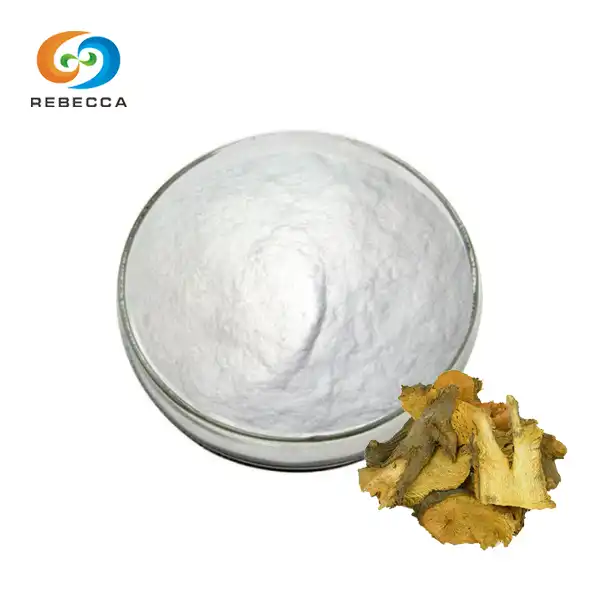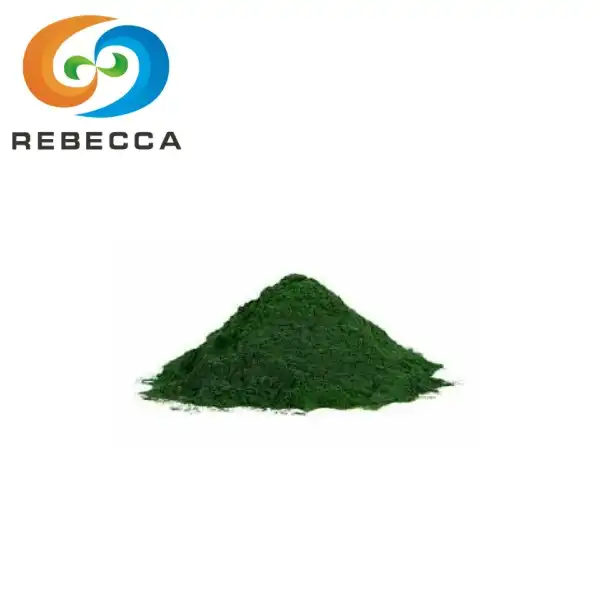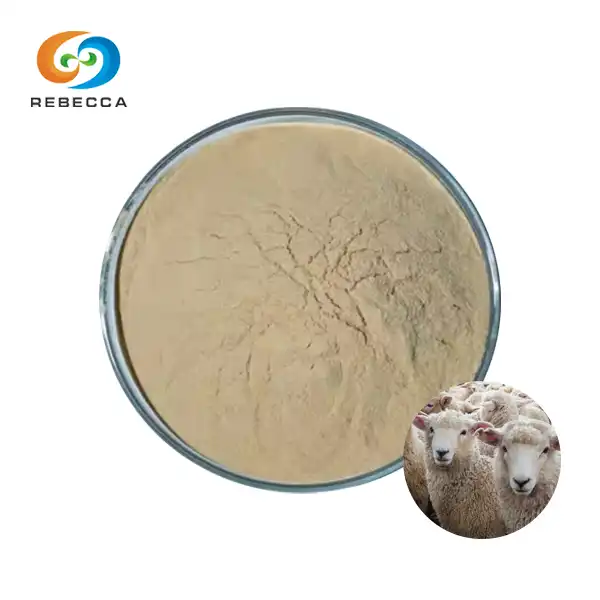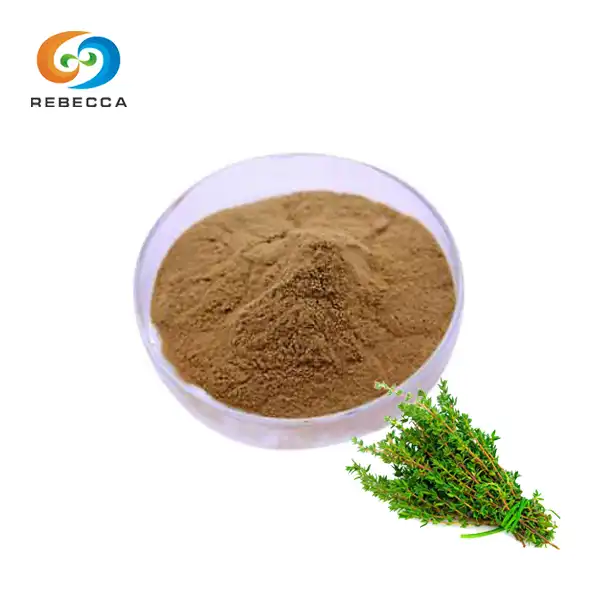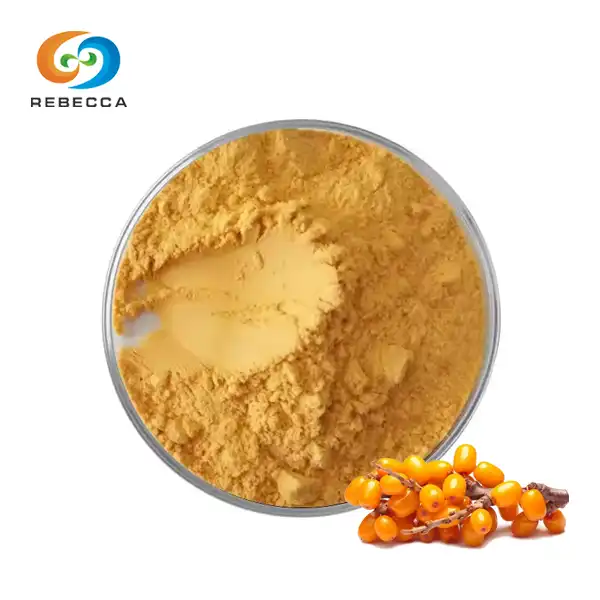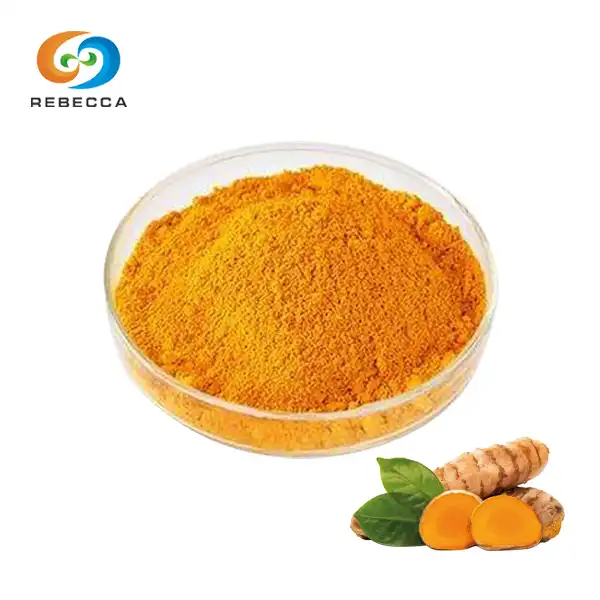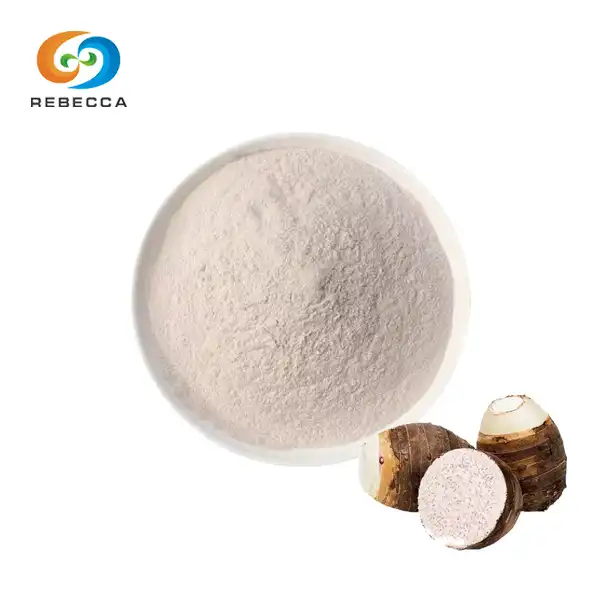What is alpha lipoic acid?
Nestled within the intricate world of cellular biology, alpha lipoic acid (ALA) stands as a compound with a dual identity: both a natural metabolite and a potential wellness ally. Often referred to by its chemical name thioctic acid, ALA has gained attention in scientific and nutritional circles for its multifaceted roles in supporting bodily functions. From its origins as a molecule produced by the human body to its presence in certain dietary sources, this compound offers a unique blend of properties that make it a subject of ongoing research.
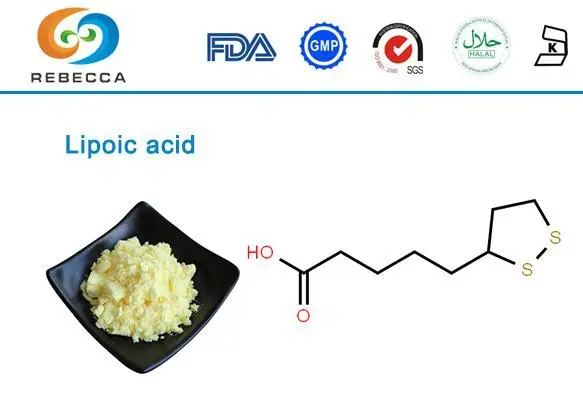
Function As Antioxidant: Neutralizing Threats and Boosting Defense
At the core of alpha lipoic acid's biological significance is its role as a potent antioxidant. Unlike many antioxidants that are either water-soluble or fat-soluble, ALA possesses a rare dual solubility, allowing it to operate effectively in both the aqueous environments of the cell cytoplasm and the lipid-rich membranes of cellular structures. This unique characteristic enables it to combat free radicals—unstable molecules that can damage cells, proteins, and DNA—in virtually every corner of the body. Free radicals are byproducts of normal metabolism, environmental exposures, and stress, and their accumulation has been linked to aging, chronic diseases, and cellular dysfunction.
ALA's antioxidant activity involves directly scavenging harmful radicals such as superoxide and hydroxyl ions, preventing them from initiating chain reactions that damage cellular components. Additionally, it plays a crucial role in regenerating other antioxidants, effectively recycling them to extend their protective lifespan. For example, alpha lipoic acid can reduce oxidized forms of vitamins C and E, restoring their ability to neutralize free radicals. This synergistic effect enhances the body's overall antioxidant capacity, creating a network of protection that supports cellular health and resilience.
In the context of dietary supplements, alpha lipoic acid powder offers a convenient and stable form of this compound, allowing for precise dosing in formulations designed to support antioxidant defenses. Studies have explored its potential in mitigating oxidative stress-related conditions, from cardiovascular health to neurological disorders, highlighting the importance of maintaining adequate levels of this versatile molecule.

A Coenzyme: Powering Cellular Metabolism and Energy Production
Beyond its antioxidant prowess, alpha lipoic acid serves as an essential coenzyme in key metabolic pathways, particularly those responsible for energy production. Coenzymes are molecules that assist enzymes in catalyzing biochemical reactions, and ALA plays a critical role in the mitochondrial processes that convert nutrients into adenosine triphosphate (ATP), the body's primary energy currency.
One of ALA's most well-characterized roles is as a cofactor for mitochondrial enzyme complexes, such as the pyruvate dehydrogenase complex and the alpha-ketoglutarate dehydrogenase complex. These complexes are integral to the breakdown of glucose and amino acids, linking glycolysis (the breakdown of glucose) to the citric acid cycle (Krebs cycle), where most ATP is generated. By facilitating the decarboxylation of alpha-keto acids, ALA ensures the efficient transfer of energy-rich molecules into the electron transport chain, optimizing ATP production.
Impaired mitochondrial function has been associated with aging, metabolic disorders, and neurodegenerative diseases, making ALA's role in supporting these pathways particularly relevant. For individuals seeking to enhance cellular energy production, alpha lipoic acid powder provides a means to supplement this coenzyme, potentially supporting overall vitality and metabolic health. Research in both animal and human models has shown that ALA supplementation can improve mitochondrial function, particularly in tissues with high energy demands such as the brain and muscles.

Health Benefits: From Nerve Support to Metabolic Wellness
The unique combination of antioxidant and coenzyme activities positions alpha lipoic acid as a compound with broad-ranging health benefits. Clinical studies have explored its potential in managing conditions where oxidative stress and metabolic dysfunction play a role, leading to its inclusion in nutritional strategies for various health goals.
Perhaps one of the most well-researched applications of ALA is in supporting nerve health, particularly in individuals with diabetic neuropathy. This condition, characterized by pain, tingling, and numbness in the extremities, arises from prolonged high blood sugar damaging peripheral nerves. Alpha lipoic acid has been shown to reduce oxidative stress and inflammation in nerve tissue, improve nerve conduction velocity, and alleviate symptoms of neuropathy. A landmark study published in the New England Journal of Medicine found that intravenous ALA significantly reduced pain in individuals with diabetic neuropathy, highlighting its therapeutic potential in this area.
Another key area of interest is ALA's impact on metabolic health. By enhancing insulin sensitivity, alpha lipoic acid may help regulate blood sugar levels, making it a valuable supplement for individuals with insulin resistance or type 2 diabetes. It works by activating key enzymes involved in glucose uptake and utilization, particularly in muscle and liver cells, thereby improving how the body processes carbohydrates. Additionally, its role in mitochondrial function supports overall metabolic efficiency, contributing to better energy balance and weight management.
Alpha lipoic acid also extends its benefits to skin health, where its antioxidant properties help protect against UV-induced damage, reduce inflammation, and support collagen synthesis. Topical applications of ALA have been studied for their ability to improve skin texture and combat signs of aging, while oral supplementation may enhance overall skin resilience from within.
For those considering supplementation, alpha lipoic acid powder offers a pure and versatile form of the compound, suitable for inclusion in various dietary products. Its high purity (typically 99% as measured by HPLC) and standardized testing ensure quality and consistency, making it a preferred choice for manufacturers and consumers seeking reliable nutritional support.

Rebecca Alpha Lipoic Acid Powder
When it comes to sourcing alpha lipoic acid powder, Rebecca Bio-Tech stands out for its commitment to excellence. Our product, with CAS No. 1077-28-7, undergoes rigorous testing to meet a 99% purity standard, verified through high-performance liquid chromatography (HPLC). Presenting as a light yellow to yellow powder, it offers optimal solubility and stability for use in dietary supplements, functional foods, and cosmetics.
Whether you're formulating a new nutritional product or seeking a reliable ingredient for health applications, Rebecca's alpha-lipoic acid delivers the quality and consistency required for success. Our team is dedicated to providing scientific expertise and exceptional service, ensuring that your needs are met with precision and care.
For more information or to place an order, please reach out to us at information@sxrebecca.com. We're here to help you integrate this versatile compound into your wellness solutions, backed by years of industry experience and a commitment to innovation.
References
[1] Packer, L., et al. (1995). "Alpha-lipoic acid as a biological antioxidant." Free Radical Biology & Medicine.
[2] Jacob, S., et al. (1995). "The antioxidant effect of alpha-lipoic acid in humans." Free Radical Biology & Medicine.
[3] Roche, E. (1994). "Alpha-lipoic acid: a multifunctional cofactor." FASEB Journal.
[4] Liu, J., et al. (2002). "Alpha-lipoic acid supplementation enhances mitochondrial respiration and protects against oxidative stress in diabetic hearts." American Journal of Physiology.
[5] Ziegler, D., et al. (1995). "Treatment of symptomatic diabetic polyneuropathy with the antioxidant alpha-lipoic acid." New England Journal of Medicine.
